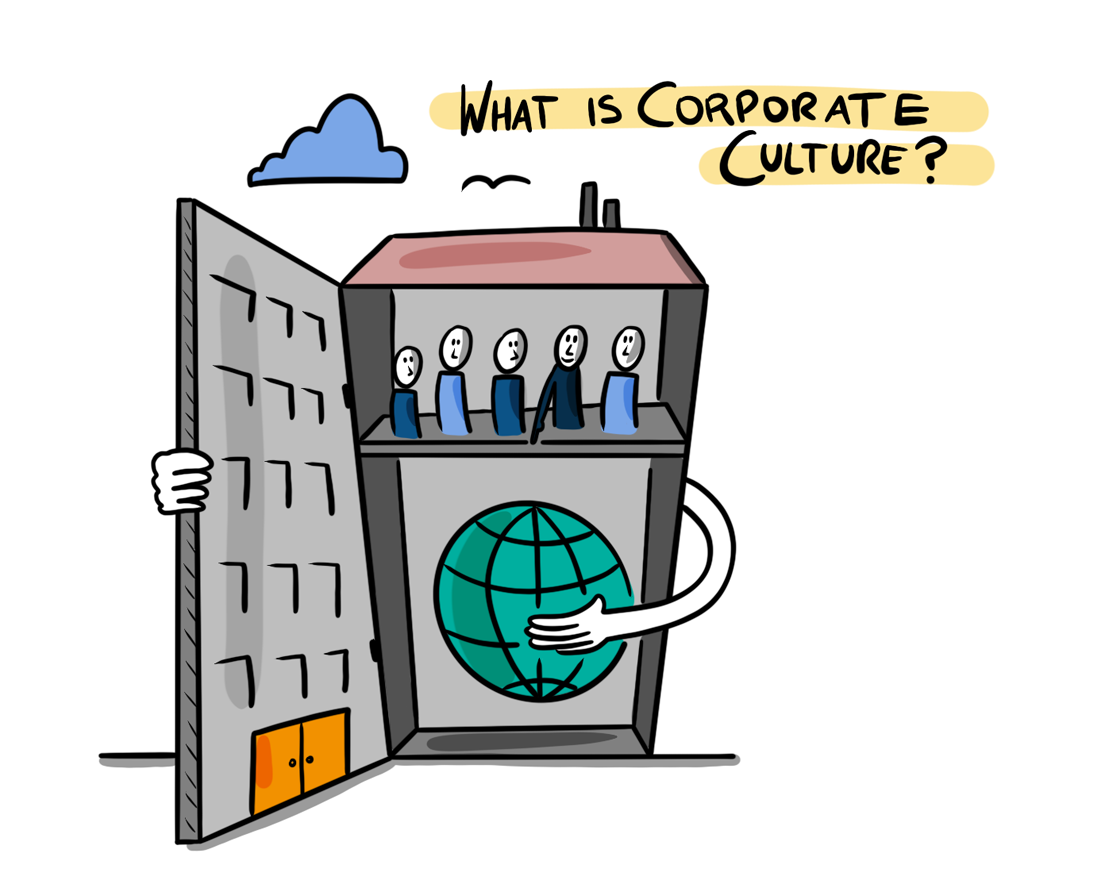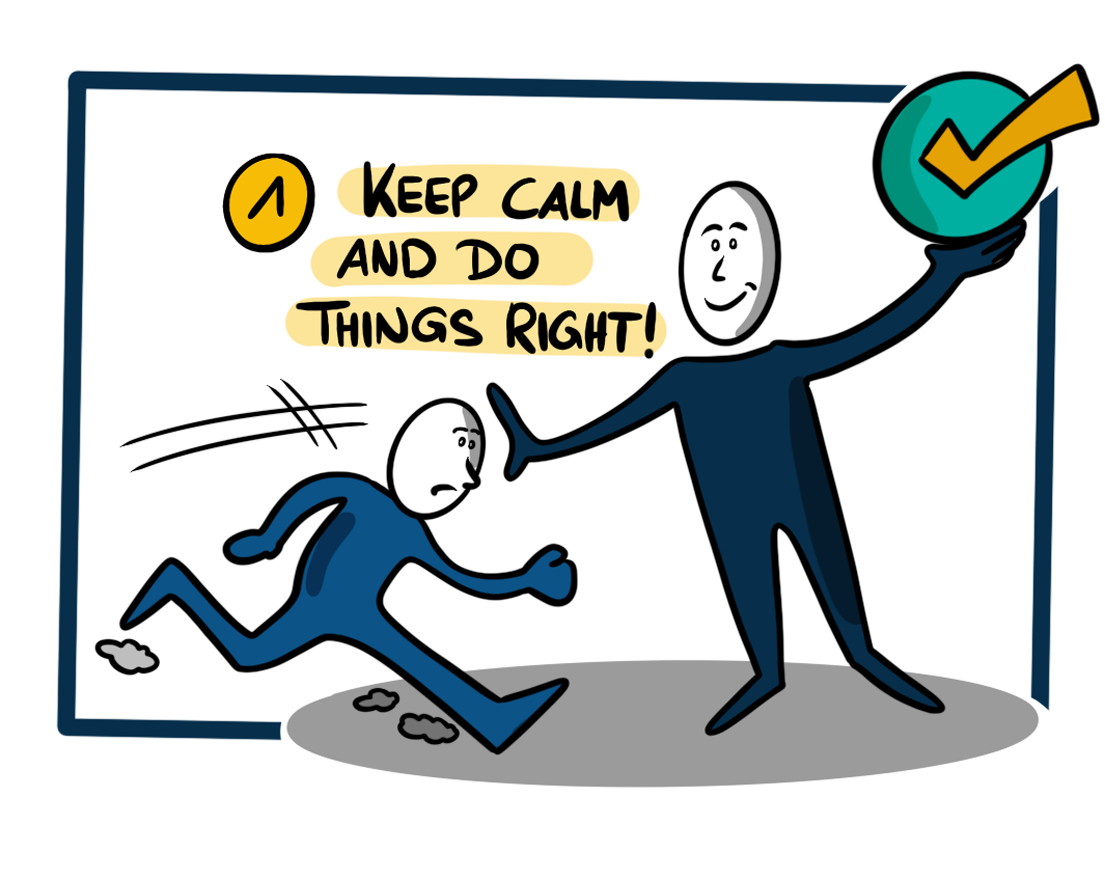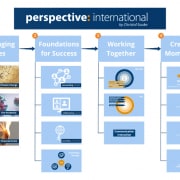Corporate Culture in Times of Crisis
COVID-19 has put us all into a worldwide crisis situation virtually overnight.
Wherever people interact with each other, especially in times of crisis, it becomes obvious who we can rely on. This is true in politics, in organizations and companies, among friends and in the family.

For sure there has been written a lot about the importance of corporate culture for business success already. But right now – in times of crisis and immediately afterwards – a positive corporate culture is essential.
In this article, we would therefore like to give you 5 concrete tips below on how you can also promote “culture” in your company. But first, let’s start with a brief, basic definition – what is actually meant by “corporate culture”?
In addition to the determination in WHAT to do, the HOW is especially important in times of crisis. This is especially true when painful steps have to be taken, such as cutting the number of employees or changes in long-term business relationships, for example with suppliers or other partners.
The reactions that can be triggered when companies take measures in times of crisis that are perceived as unfair in public opinion were shown in spring. When a few individual companies questioned contractual obligations, this was met with a lack of understanding and protest.
These 5 points make it clear why it is important to review procedures and behaviors in your own company and, if necessary, to adapt them:

Tip 1:
Keep calm and do things right!
Some companies have ready-made contingency plans in the drawer. Where a worldwide pandemic is a possible crisis scenario as part of a contingency plan, the procedure seems to be already in place. Good, if such plans are available. However, even in these cases, significant adjustments to the specific situation usually have to be made. This requires thorough consideration and a minimum of time. The rule here must be that doing things right must have priority to doing things quick. To avoid any misunderstanding: this is not a suggestion to let time pass unnecessarily! Correcting wrong decisions can take even longer, if corrections are possible at all.

Tip 2:
Never walk alone!
Especially in times of crisis you need to rely on your team, because: your own employees are often the best consultants. A potential customer told me this recently … and he was very right! If you trust your management team, especially in decisions of particular importance and sensitivity, they will do everything they can not to disappoint you. This is at least true if you have not “brought up” a culture of always saying yes during normal operations.

Tip 3:
Decide for the sake of the cause!
Even if this is self-evident for most people, I do not want to leave this point unmentioned. Because we are all just humans … and sometimes also emotionally overwhelmed. If this can be openly discussed in a management team, then it is worth its weight in gold (see point 2).

Tip 4:
Clear and distinct communication!
When you communicate your decision, do so in a clear and concise way. Especially when things get difficult, people appreciate clear words. This has nothing to do with harsh manners, but too much diplomacy in wording can sometimes hide the seriousness of the situation. Explain the background of hard but necessary decisions and make people understand. Only those who understand where you are heading can help you reach your goal.

Tip 5:
Stick to your own principles!
In my experience, it is a good principle to be predictable in your actions and not to surprise others. This is at least true in the interaction with your own team, customers and other business partners (this is explicitly not true when dealing with competitors, although fairness is of course also required here). Those who act differently should not be surprised to be confronted with surprises from their surroundings from time to time.
All this is nothing new in principle. But the situation is new and requires appropriate behavior. Good communication and fair and respectful interaction with each other are particularly important here. The question of HOW is a question of corporate culture. This has nothing to do with being a “softy”.
Do you have any experiences that you would like to share? We look forward to the exchange with you. For example on my LinkedIn-Page or via mail to office@perspective-int.com!

He founded perspective: international in 2013. He works as a strategic advisor, operative facilitator and interim manager with many years of experience in internationalization and international business development.







